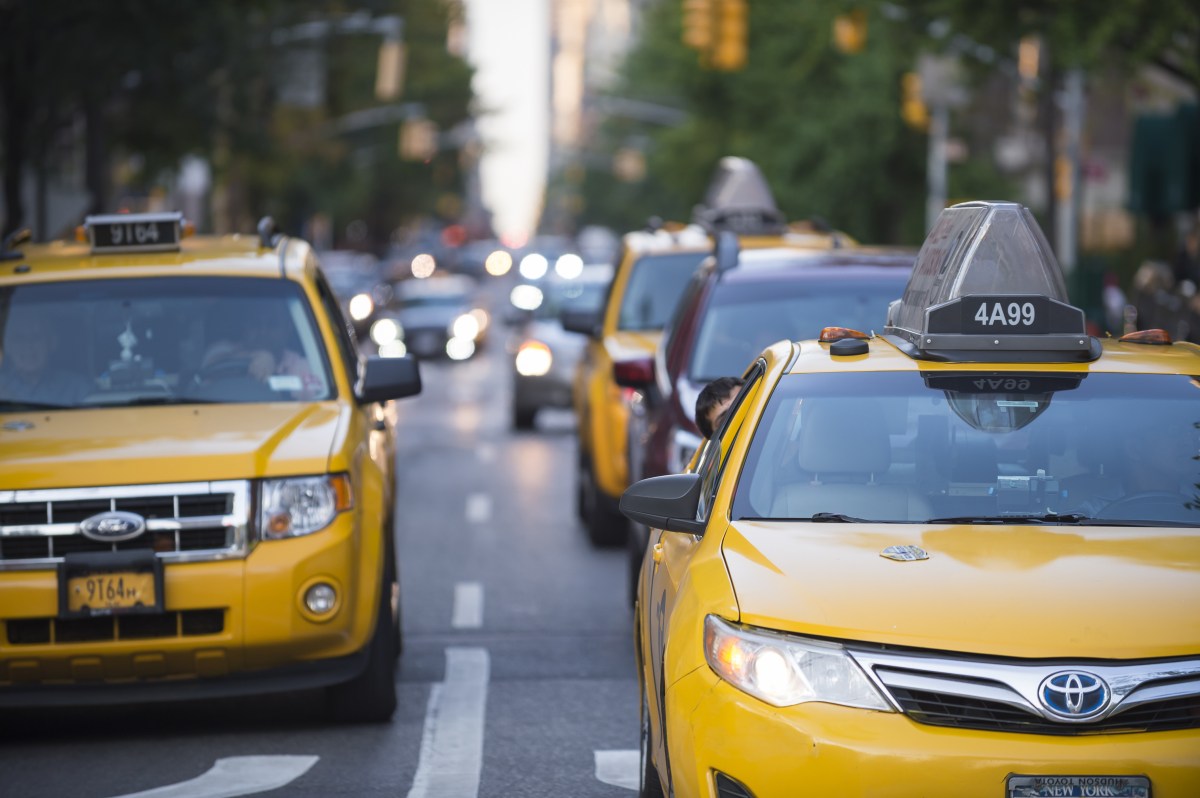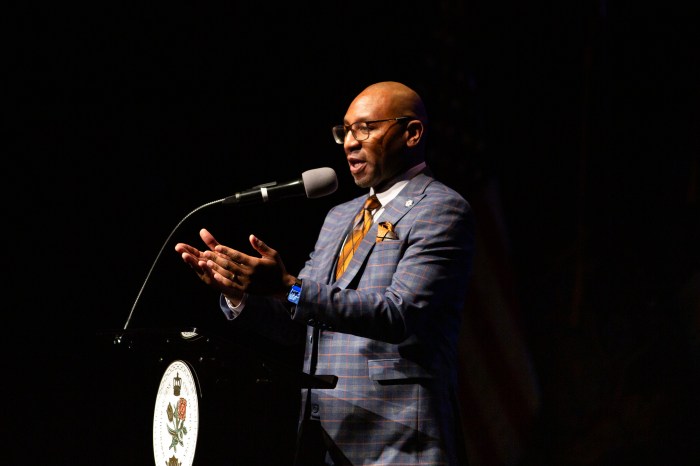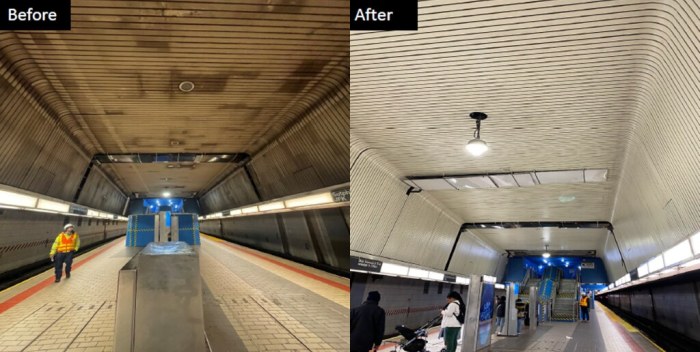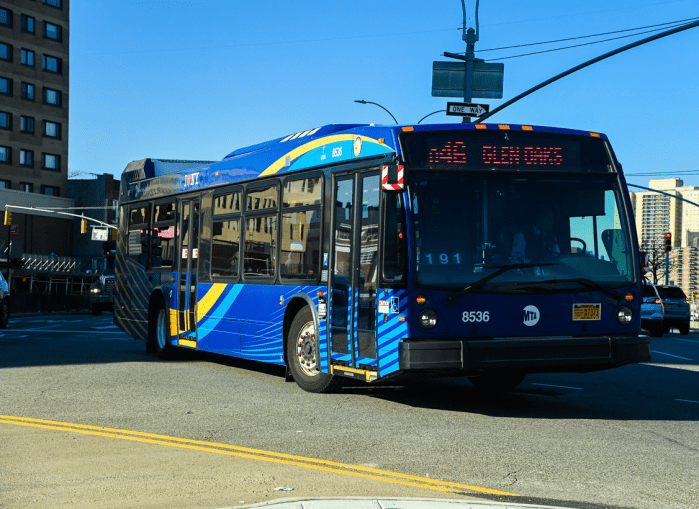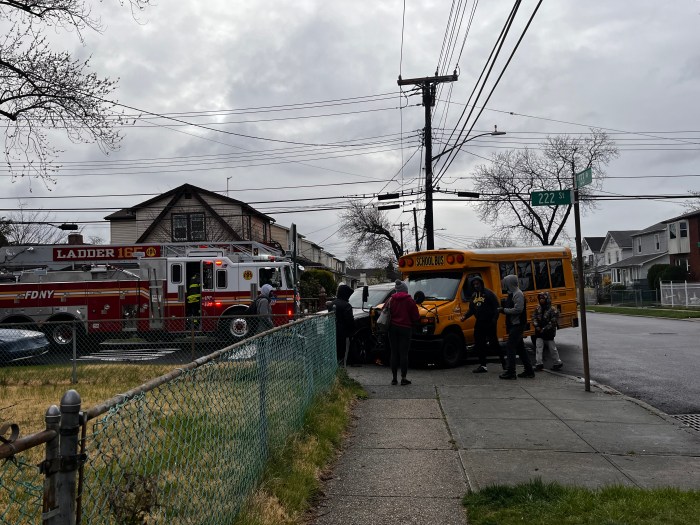The cost of your cab ride into Manhattan will be going up soon after a judge’s ruling allowed the state to begin collecting congestion surcharges on taxi and app-based rides south of 96th Street. Passengers will pay an extra $2.50 for taxis, $2.75 for Uber, Lyft and other ride-sharing apps.
The state-mandated surcharges, signed into law by Governor Andrew Cuomo last year, were set to begin Jan. 1 but a coalition of taxi drivers and medallion owners filed a lawsuit saying the extra charges would destroy their industry which has struggled since the arrival of ride-app services saying the surcharge would “drive the final nail in the proverbial coffin by making medallion taxicab rides so financially unattractive to consumers that the industry is sure to collapse in its entirety,” the coalition argued in its lawsuit.
Manhattan Supreme Court Justice Lynn R. Cotler lifted a temporary restraining order on the fees Thursday noting the cab coalition had not “demonstrated irreparable injury” but allowing that their argument was enough to allow the lawsuit to proceed.
“The congestion surcharge is to pass directly to consumers, and to the extent that petitioners contend that their business will be affected by the same, such an effect does not mandate the continuation of a further prohibition upon the State’s ability to collect the tax,” Kotler wrote in her ruling.
The state will continue to defend the law in court.
“More than $1 million a day will now go directly to the MTA, and we are moving forward vigorously with a full congestion pricing pan that will cover a total of $15 billion for the MTA’s capital budget,” Cuomo spokesman Patrick Muncie said in a statement.
Bhairavi Desai, the executive director of the New York Taxi Workers Alliance said collecting the surcharges “will force drivers to choose between food and medicine” as their income would drop immediately.
“Implementing the surcharge while the lawsuit continues could put the industry in the predicament of figuring out how to refund passengers, even those who paid with cash, should the drivers ultimately win the case,” Desai said.
Neither Uber or Lyft responded to requests for comment but the Independent Driver Guild, which represents ride-sharing drivers in New York City tweeted, “We are deeply disappointed this sham tax was allowed to move forward. Not only does this aw unjustly target low income for-hire drivers, it ignores the real culprits creating congestion in our streets.”
Nicholas Paolucci, the spokesman for the New York City Law Department, said, “We’ll cooperate with the state as necessary to implement the surcharge and follow the legal case as it develops. The City supports this important measure which will help open up our roadways, reduce pollution and generate millions in revenue for our subway.”
Mayor Bill de Blasio addressed the issue on his weekly radio interview on WNYC.
“The yellow cab drivers have been concerned that the surcharge shows on the meter,” he said. “I think we have to see if there’s any way to address that issue so it does not in any way disincentivize riders. But it’s going to be the same whether you’re in a yellow cab or whether you’re in an for-hire vehicle, you’re paying the surcharge either way, so I don’t think it changes market conditions in a meaningful way.”

